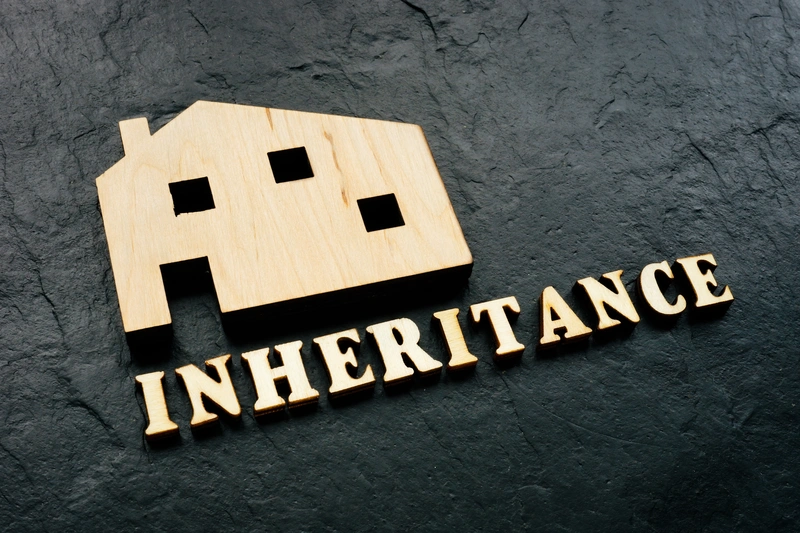The Delayed Report on Salary Sacrifice for Pensions
HMRC recently published a report, “Understanding the attitudes and behaviours of employers towards salary sacrifice for pensions,” which, rather unusually, was based on data collected in summer 2023 and dated January 2024, yet only released in late May 2025. This significant delay raised eyebrows, as HMRC is not typically known for prompt action, other than sending out reminders for tax return submissions in early April. The timing of this publication, almost two years after the research was commissioned, has sparked considerable discussion regarding potential future changes to salary sacrifice rules.
What is Salary Sacrifice for Pensions?
Understanding the Mechanics
At its core, salary sacrifice involves an employee agreeing to a reduction in their gross pay. In exchange, their employer then contributes this forgone amount directly to the employee’s pension. A key benefit for the employee is that they still receive income tax relief on the pension contribution, as the sacrificed pay is not subject to income tax.
Benefits for Employees and Employers
Beyond the income tax relief, salary sacrifice offers distinct advantages over standard employee pension contributions:
- For the employee: There’s a saving in National Insurance Contributions (NICs) on the sacrificed amount. This typically translates to a saving of £8 per £100 of pre-tax relief contribution for basic rate taxpayers and £2 per £100 for higher and additional rate taxpayers.
- For the employer: The NICs saving is generally more substantial, at £15 per £100 of gross pension contribution. This figure is higher now than when the research was conducted, due to the increase in employer’s NICs in April 2025.
Key Findings and Employer Attitudes
The report indicated that “Most employers said they did not use the NI savings from the salary sacrifice arrangement to directly fund their workplace pension.” This suggests that employers are often the primary financial beneficiaries of these arrangements. However, it’s important to note the limited scope of the survey, which included only 41 employers currently operating salary sacrifice schemes and an additional 10 who did not. Many employers do, in fact, re-invest a portion of their NICs savings to enhance the sacrificed pension contributions.
Proposed Changes and Employer Reactions
The research also explored employer reactions to three hypothetical scenarios that would make salary sacrifice less appealing. These scenarios primarily involved the removal of some or all employer and/or employee NICs reliefs. Predictably, none of these proposals were well-received. The most unpopular variant, which proposed removing all NICs savings (for both employer and employee) and the employee’s income tax exemption, led some employers to state that such changes would prompt them to discontinue their salary sacrifice schemes entirely.
Important Considerations for Salary Sacrifice
While the timing of the report’s release may simply be coincidental, it underscores the importance of fully understanding the implications if you are considering implementing or continuing a salary sacrifice scheme for pension contributions. It’s crucial to be aware of all the potential ramifications, regardless of any future legislative changes.
For personalised guidance on salary sacrifice arrangements and wider pension planning, contact the experts at Chartwell Wealth Management today.
The value of your investment and any income from it can go down as well as up and you may not get back the full amount you invested. Tax treatment varies according to individual circumstances and is subject to change. The Financial Conduct Authority does not regulate tax advice.






